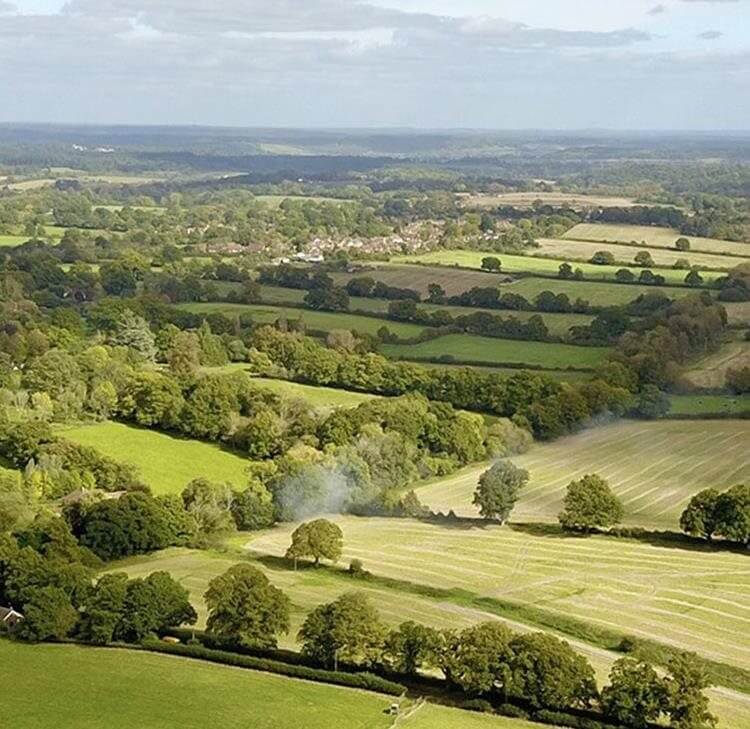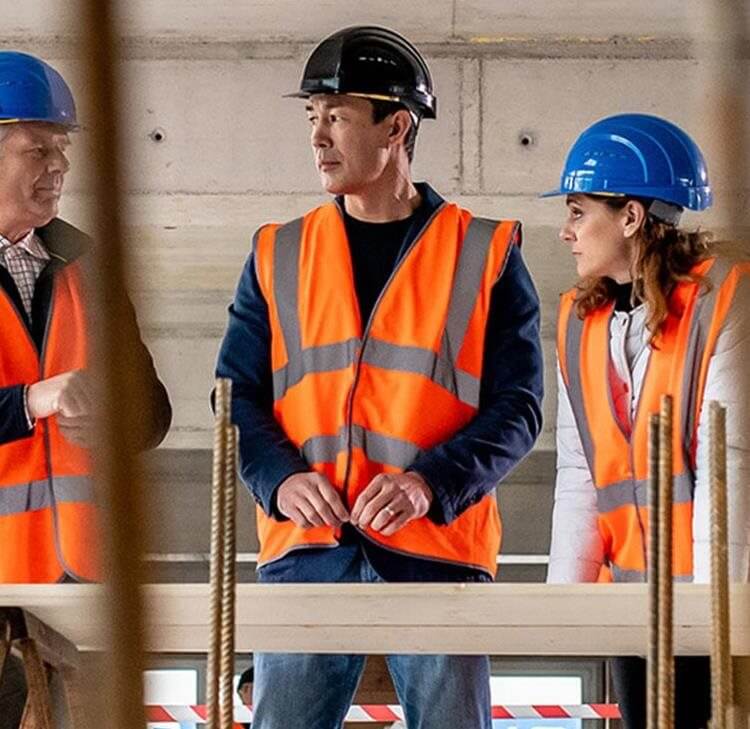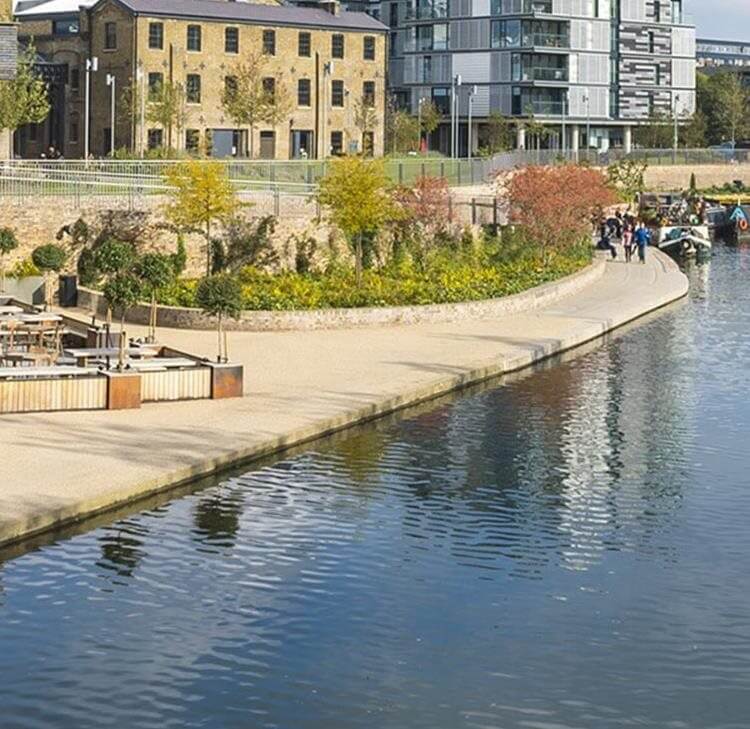Thorpe v Frank and another [2019] EWCA Civ 150
Repaving of land was sufficient evidence on its own to establish a claim for adverse possession of that land.
Repaving of land was sufficient evidence on its own to establish a claim for adverse possession of that land.
Facts
In 1986, the owner of a house (T) repaved and altered the surface level of a triangle of land forming part of a neighbouring property without objection from that property’s owner. The land lay to the front of T’s house and adjacent to her driveway and has been used since 1986 with the driveway to provide a place for her to park. T also power-washed the area and from time to time cleared the area of weeds and litter.
T fenced off this area in 2013 and later applied to be registered as owner. The owner of the neighbouring property objected.
Issue
Did repaving the triangle of land establish factual possession of that land (to enable a claim for adverse possession to succeed)?
Decision
Repaving in this case did establish factual possession. What constitutes a sufficient degree of physical control depends on the nature of the land and the manner in which land of that nature is commonly used or enjoyed.
Here the land was open because of its location in front of two houses at the corner of a cul-de-sac and was subject to estate covenants designed to prevent the land from being built upon or fenced. T’s repaving of the land had asserted an intention to assume sufficient control over it. It did not matter that, after the work had been done, the neighbouring owner could continue to pass over the area as before.
Point to note/consider
Adverse possession requires an applicant to show factual possession of land for the requisite period without the owner’s consent and with the necessary intention to possess.
Although this case is fact specific, it is noteworthy as it establishes that laying paving alone may suffice to establish factual possession and that enclosing an area of land is not an absolute requirement on which to found a claim for adverse possession. Factual possession requires an appropriate degree of physical control. With open land, absolute physical control is usually not practical and the key question is whether the applicant has been dealing with the land in question as an occupying owner might have been expected to deal with it (and no-one else has done so).
Contact

David Harris
Professional Development Lawyer
david.harris@brownejacobson.com
+44 (0)115 934 2019








































